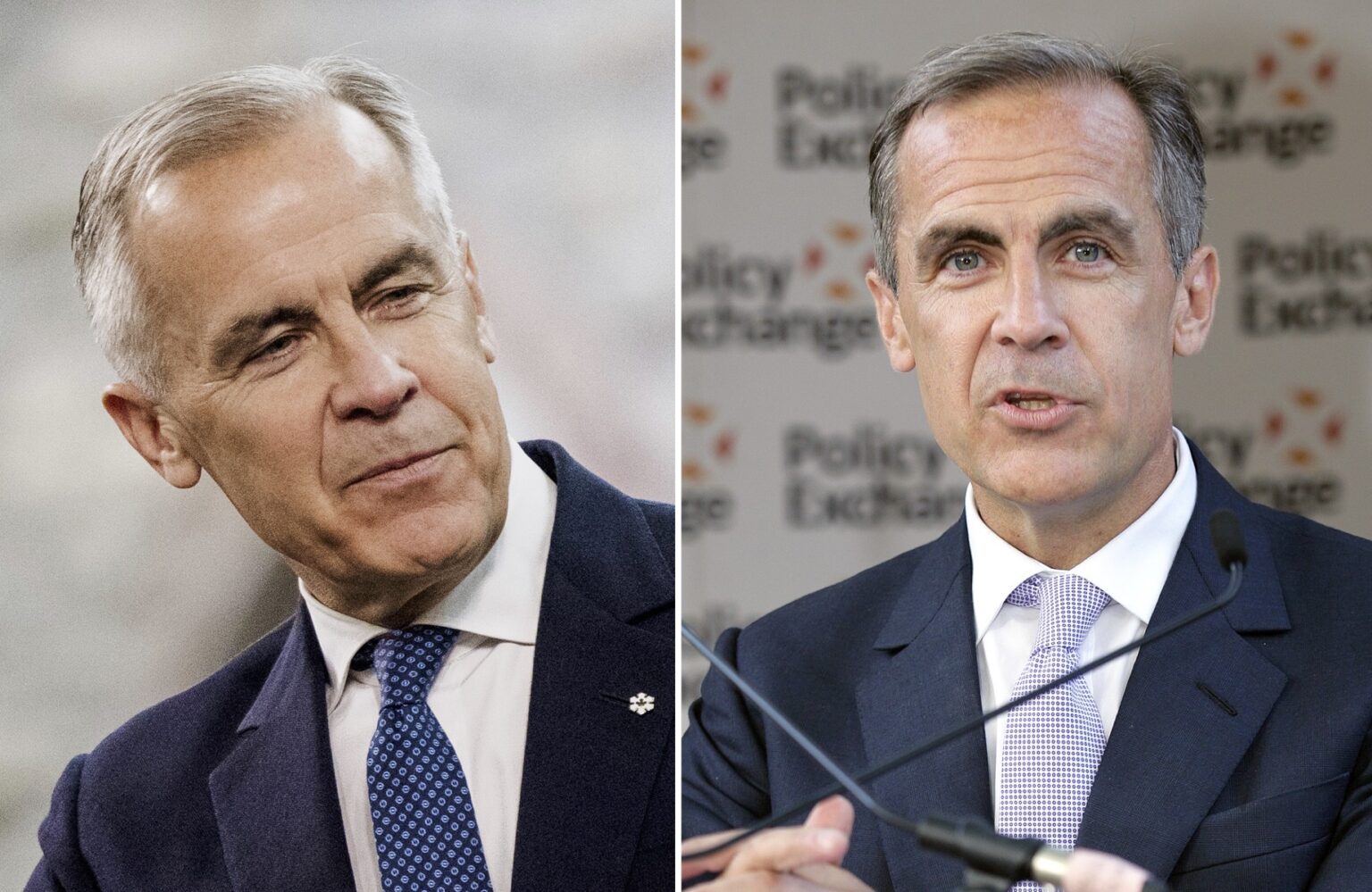On Sept. 29, 2015, then-Bank of England Governor Mark Carney strode to the podium at Lloyd’s of London and delivered a landmark speech on the threat of climate change to the financial sector, insurance industry and the world in general.
To avoid catastrophic consequences, Carney urged governments and business leaders to recognize that the “vast majority of [fossil fuel] reserves” are stranded assets that “will be literally unburnable without expensive carbon capture technology, which itself alters fossil fuel economics.”
Ten years later and in the midst of Canada’s second worst wildfire season, Prime Minister Carney essentially confirmed that a new oil pipeline will be among the infrastructure projects fast-tracked under the sweeping powers of Bill C-5, including the same carbon capture fix he questioned 10 years ago.
“I would think given the scale of the economic opportunity, the resources we have, the expertise we have, that it is highly, highly likely that we will have an oil pipeline that is a proposal for one of these projects of national interest,” said Carney at the 2025 Calgary Stampede. At a meeting with premiers, Carney even adopted meaningless industry speak, touting a mythical substance called “decarbonized oil” earlier this year.
What happened? Has Carney caved to pressure from the oil patch to facilitate ever more fossil fuel extraction? Has he been spooked by the thinly veiled separatist sentiment from Alberta Premier Danielle Smith? Does the election of U.S. President Donald Trump change the realpolitik of oil extraction? Or is Carney cagily keeping his options open to allow a pipeline proposal to fail for lack of a private proponent?
‘Pragmatist Above All’
Clues to Carney’s current mindset lay in plain view. “I’m a pragmatist above all,” Carney reassured the partisan crowd the night he won the Liberal leadership. “And that means when I see something that’s not working, I’ll change it.” His first act of pragmatism after being being sworn in as Canada’s prime minister was canceling consumer carbon-pricing, a policy he had previously championed as an economist.
Pragmatism might be a practical strategy to remain in power, however it also sends a clear message to the powerful fossil fuel lobby: amplify public pressure and political grievance and our PM will likely respond with pragmatism rather than principles.
While the oil industry cannot change the facts about their emissions or the trajectory of our climate emergency, creating political conditions requiring a “pragmatic” response is well within their wheelhouse. The consumer carbon tax was sound public policy but was eventually made politically toxic after years of repetitive messaging.
There is no credible business case for another oil pipeline. Even Trans Mountain’s CEO has said Canada’s pipeline capacity doesn’t need another line. Does anyone in power care about facts anymore? Pragmatism can instead be summoned by public opinion, angry premiers or Alberta separatists.
It is also concerning is that Carney in 2025 has become considerably more opaque than his pre-political persona – a trait required more by a pragmatist than a leader guided by principle. He published a well-regarded book Values in 2021 on how economics has failed to meet the climate crisis. His latest book The Hinge: Time to Build an Even Better Canada was slated for publication three months ago, yet now resides in conspicuous limbo, perhaps to avoid uncomfortable comparisons between stated ideals and political expediency.
Carney in 2015 was unvarnished in his grim assessment of the looming climate catastrophe unless urgent action was taken, apologizing from the outset for a speech “without a joke.” Carney correctly framed the crisis as a fight by governments and policy makers to limit carbon loading in the atmosphere below levels that might destabilize political systems and our food and water security.
“The desirability of restricting climate change to two degrees above pre-industrial levels leads to the notion of a carbon ‘budget,’ an assessment of the amount of emissions the world can ‘afford.’ Such a budget,” said Carney, “highlights the consequences of inaction today for the scale of reaction required tomorrow. These actions will be influenced by policy choices that are rightly the responsibility of elected governments, advised by scientific experts.”
Our Perilous Path
When he was elected as Canada’s leader, some commentators noted Carney’s climate views “are commendably grounded in science but carry radical political and economic implications.” As Bank of England governor, Carney required British banks to undergo stress testing to determine whether they would remain solvent if most fossil fuel assets became stranded.
The same fossil fuel sector now lobbies PM Carney to fast track or even fund infrastructure to accelerate oil and gas extraction that already accounts for 28 percent of Canada’s total emissions.
Almost all elected governments like the one Carney now leads have been far too timid to meaningfully alter our perilous path. Fossil fuel emissions increased again last year to reach 37.4 billion tonnes in 2024. The carbon budget required to stay below 1.5 degrees of warming has been exceeded every year since 2015. An expert panel of 150 researchers recently stated, “it’s clear that the remaining carbon budget – and therefore the time left to meet the 1.5°C target and avoid the worst impacts of climate change – has almost run out.”
Carney’s speech of 10 years ago made clear there is no free lunch regarding the growing costs of climate inaction. The accelerating energy transition also makes obvious we should be investing Canada’s scarce capital in technologies of tomorrow, not the dirty industries of yesterday.
Will 2025 Carney heed the words of Carney in 2015? A chorus of pro-oil commentary attempts to provoke a “pragmatic” response that includes fast tracking new pipelines at the end of the age of oil. As the country struggles through another record-setting summer of wildfires, we will soon see if Carney as an elected leader still has the courage of his convictions.
Subscribe to our newsletter
Stay up to date with DeSmog news and alerts






